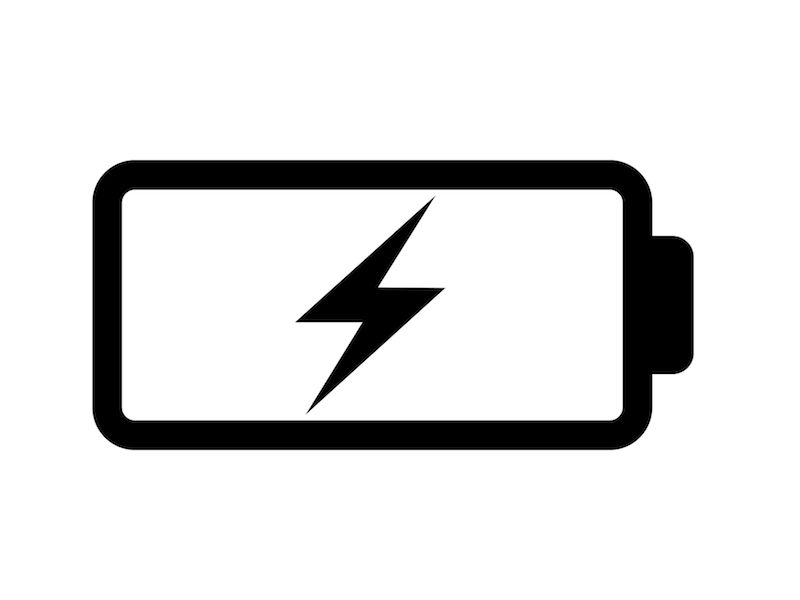
Stressing about running low on batteries is something you shouldn’t have to do with rechargeable hearing aids, but when you depend on this technology, it may make you a little concerned. Do rechargeable hearing aids work, and do they work as well as marketed?
Those questions are understandable, as is the accompanying anxiety. A hearing aid is often as necessary for the enjoyment of a tv show or a movie as it is for a trip to the supermarket or any other part of day to day life. It’s important that a piece of technology functions properly and reliably, especially when it impacts so many facets of life.
What Type of Battery do I Have?
Most contemporary hearing aids are equipped with rechargeable batteries by default, so it’s likely if you bought your hearing aids recently, it has one of two kinds of batteries. Silver-zinc batteries, which have a battery door on the back, are rechargeable, but every so often they need to be replaced. A Lithium-ion battery, however, will last throughout the life-cycle of the hearing device and, due to this, those devices will not have that telltale battery door.
Rechargeable Hearing Aids Need Special Care
For the most part, rechargeable hearing aids do work, and they work well. The dependability of these devices has increased significantly in the last several years, as battery technologies have improved. In order to improve dependability, however, there are some maintenance steps users can take as they would with any other electronic equipment.
- Keep Your Hearing Aids Clean and Dry: Your hearing aids will collect moisture, dust, and debris regardless of how often you use them. Any combination of these three elements can diminish the capacity of your battery and can obstruct charging as much as it needs. That’s why it’s essential to keep your hearing aids dry and clean particularly when connecting your hearing aid to its charging station.
- Keep Your Hearing Aids on The Charging Station: If you regularly store your rechargeable hearing aids on their recharging station you can increase the life of your battery. The long term battery life is not shortened by charging a battery that is not fully drained.As a matter of fact, ensuring that your hearing aids are charging when not in use can actually benefit your long-term battery life. A convenient reminder, for most people, to charge their device when it’s not used, is to put the charging station on a table near their bed.
- Be Careful of Wires: Either the hearing aid itself or the charging station will have some type of wire element on most hearing aids. Most hearing aid users are advised to be aware of these wires; the connection that enables the device to charge can be broken if you pull on or hold it by the wires.
How to Replace a Rechargeable Battery
Lithium-ion batteries should last the as long as your device does. So replacing those batteries shouldn’t be something you ever have to be concerned about. Your hearing aids can then be simply charged as long as needed.
However, you will want to periodically change the batteries if you have a hearing aid that utilizes silver-zinc batteries. Switching batteries in the right way can help improve the lifespan of your hearing aids. Because of this, hearing experts suggest the following:
- Before changing batteries, don’t forget to wash your hands.
- Until you’re ready to use the batteries, don’t remove the plastic tabs or packaging.
- Store batteries in a room temperature spot that is also certain to be dry.
- Let the batteries sit out at room temperature for at least five minutes before removing any tabs that may be attached.
- Clean and free of moisture is the state that your battery compartment should be kept in.
Long Periods of Non-Use
If you are planning not to use your hearing aids for long amounts of time, leaving them on the charger may no longer be the best manner to store your devices. If, for example, you know that you will not be wearing your hearing aids for a few weeks or months, you can simply unplug the charger and store your hearing aids in a cool and dry place.
Consider leaving the battery door open so you can prevent moisture from corroding the batteries if you have silver-zinc batteries.
Rechargeable for Everyday Use
For most individuals, and for everyday use, charging your hearing aids once per day should be enough for all of your needs. A lithium-ion battery, as an example, will usually require just 3-4 hours to charge enough battery power for a 24 hour period.
Do rechargeable hearing aids work? They don’t only work, they are becoming more common every day. To see all the different models, make an appointment with your local hearing aid retailer.